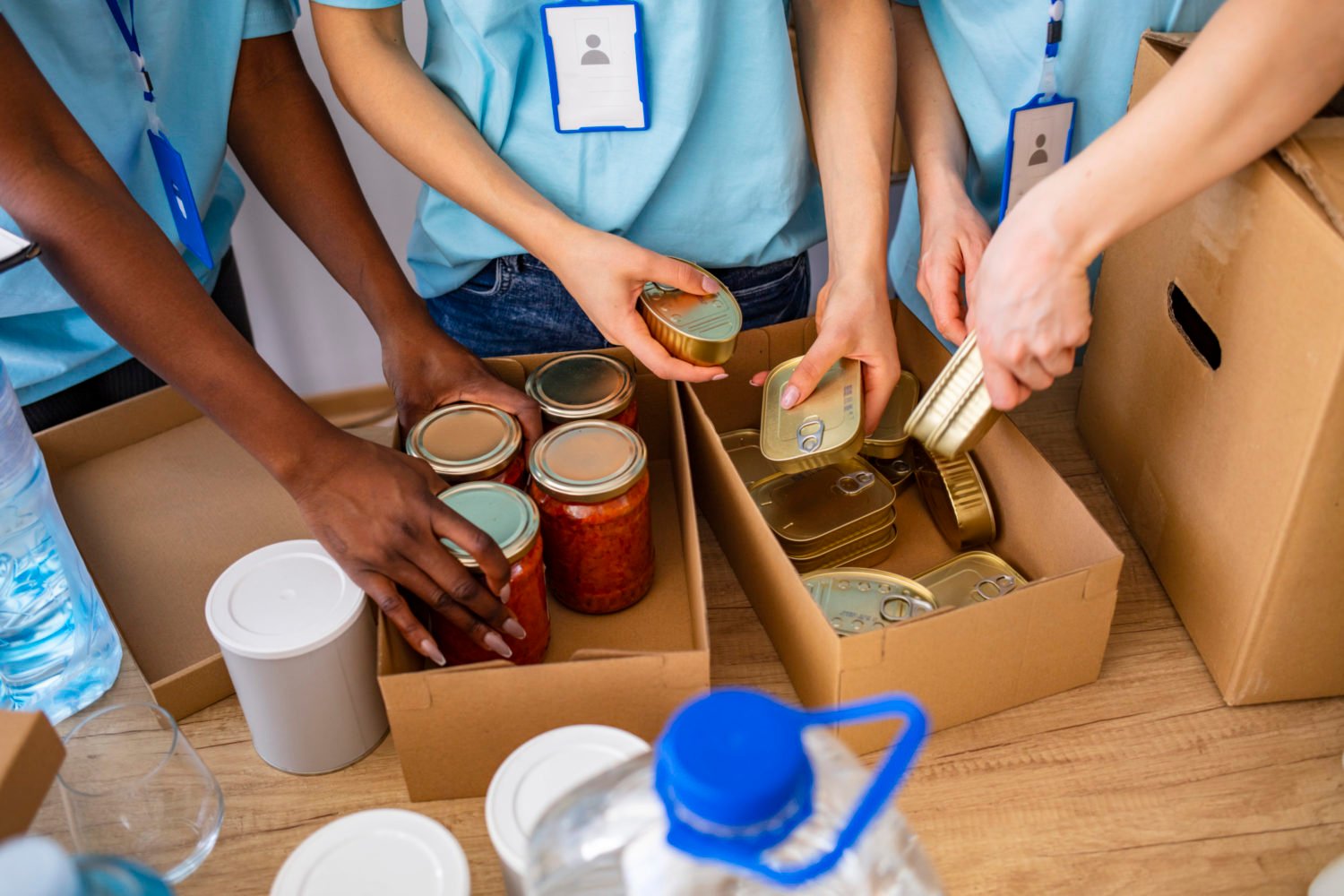
For nearly half a century, GALA Hispanic Theater—located on 14th Street in Columbia Heights—has hosted plays of all varieties for DC’s Spanish-speaking population. Now, the theater finds itself cast in the lead role of a tragedy.
Last week, scammers stole over $250,000 from the theater’s bank account. And with a play making its world premiere February 1, GALA faces a budget shortfall—and might eventually shut its doors if it doesn’t get the money back, executive director Rebecca Medrano told Washingtonian.
Medrano said the drama began when her accountant went to wire money to an employee. The accountant received a notification that someone was already logged into the theater’s Citibank account. Then, moments later, they received an alert that someone with the accountant’s personal info had transferred hundreds of thousands of dollars from the account to Bank of America.
“We know that the money’s still there,” Medrano says. “But it’s between the banks, they want to hold onto it until the investigation is complete. I was told it could be anywhere between 90 days and eight months. We don’t have eight months.”
Medrano said she immediately reported the transaction to Citibank’s fraud department. Now, the FBI and Secret Service, which has a financial crimes unit, are involved in the investigation. But she has been stunned at the lack of response from the banks: “We’ve moved millions through Citi, and I’m flabbergasted we can’t even get a loan.”
When reached for comment, a spokesperson for Citibank told Washingtonian the company was investigating the matter, but could not comment further.
Still, the show must go on. The theater’s board of directors approved the use of emergency funds, and the aforementioned February premiere of The Palacios Sisters—an adaptation of Anton Chekhov’s Three Sisters about siblings emigrating to Miami from Cuba amid the 1980s drug war—will run as scheduled.
For Adrian Alea, the play’s director, the financial situation hasn’t spoiled the excitement of his DC debut.
“The situation with GALA in the funds, it reflects the story of the Palacios sisters,” Alea says. “How can we hold together our familiar bonds through such a challenging period? Art reflects life, and life reflects art, and this is an interesting case study. I’m excited for the community to share this with us.”
The emergency funds are enough to keep the theater open for just a few more months, Medrano said. GALA has also raised about $13,000 from the community already, and is looking for more donors, as Medrano hopes to avoid cancelling any shows.
“We haven’t canceled shows in 48 years of our history—even during the pandemic, we stayed open,” she said. “It’s really death to a nonprofit if you start cancelling programs.”
Medrano opened the theater in 1976 with her late husband Hugo Medrano, an immigrant from Argentina. Hugo Medrano was working at a children’s bilingual theater—the only Spanish-speaking theater in the DC area at the time—and the couple wanted a full space for Spanish-speaking artists in a city with a rapidly blossoming community of immigrants.
The troupe bounced from location to location for years, from the Medranos’ townhouse to a church, before securing a permanent venue at the Tivoli Theater in Columbia Heights in 2005. In 2017, they hosted the first all-Spanish performance of Lin-Manuel Miranda’s In The Heights in the United States.
Hugo Medrano died in May 2023, leaving Rebecca Medrano as the sole link to the theater’s opening days. Her hope is to hold at least the next two seasons’ worth of plays, which Hugo planned before his passing. “We certainly balanced each other out, and it’s a very big adjustment emotionally,” Medrano said. “But we’ve got a lot of love from the community.”
Alea agreed.
“I’m just so grateful to the strength and ferocity of GALA and Rebecca and the whole team,” Alea said. “I’ve never felt more welcomed and loved in a theater institution that embraces the totality of my humanity.”















